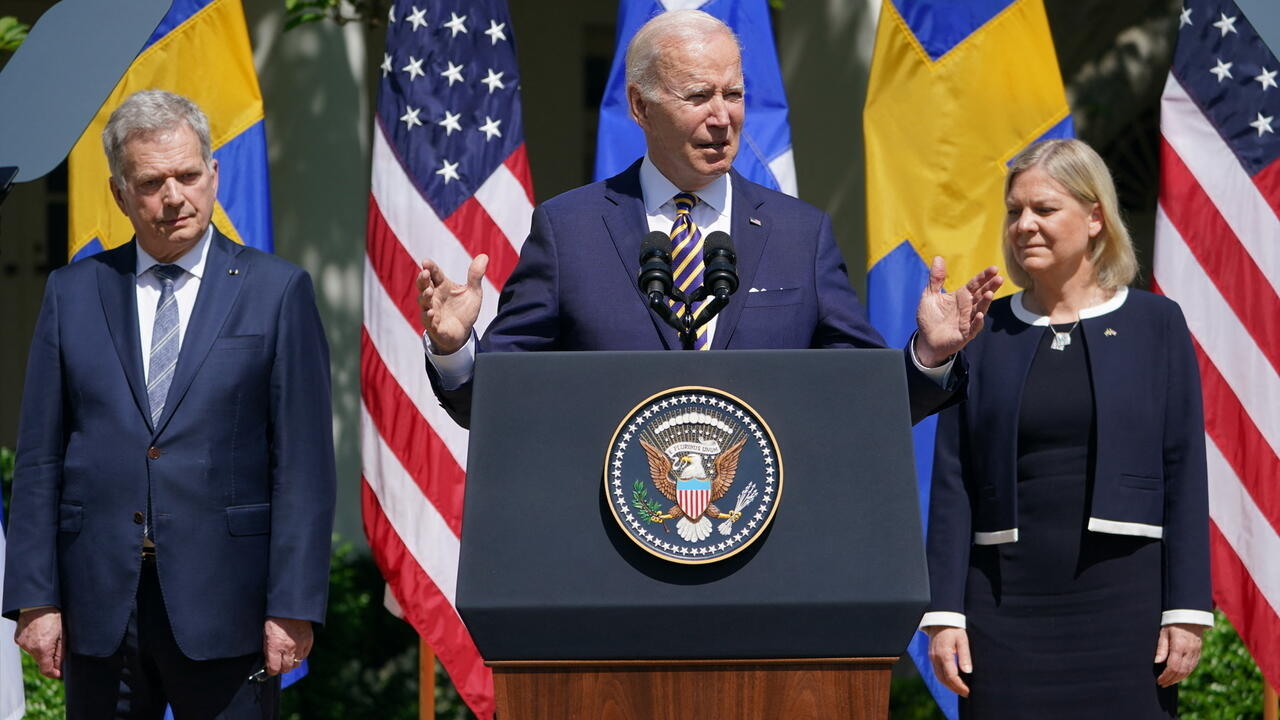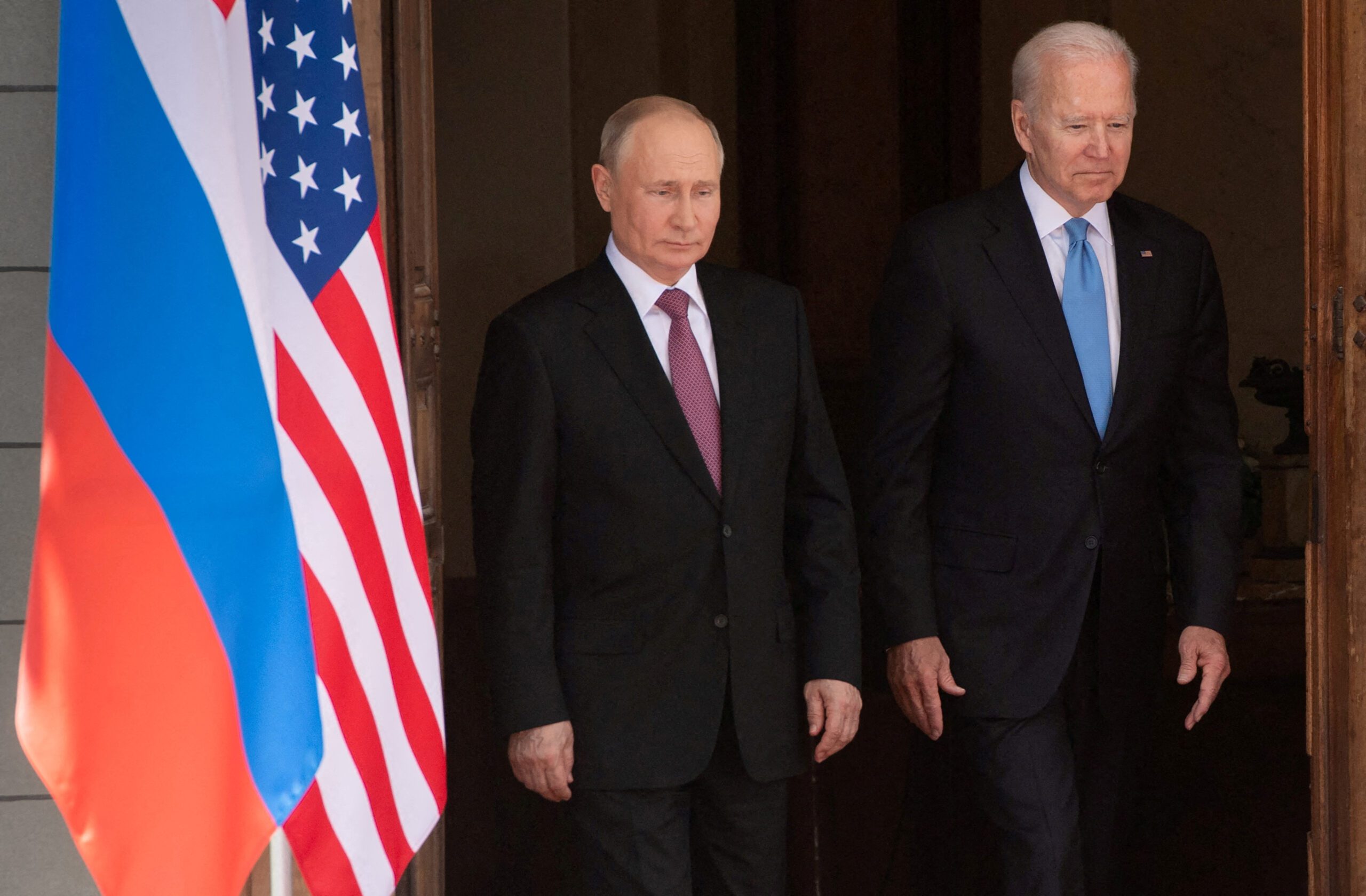News
Coronavirus: Nigerians Affected As US Plans To Deport Foreign Students
Nigerians schooling in the United States may have something to worry about following threats of deportation.

Foreign students that are taking all their classes online will not be allowed to continue staying in the United States, the government said on Monday.
The move was taken as a result of the coronavirus crisis. Nigerians in the US who fell under the category will be affected.
“Nonimmigrant F-1 and M-1 students attending schools operating entirely online may not take a full online course load and remain in the United States,” US Immigration and Custom Enforcement said in a statement.
“Active students currently in the United States enrolled in such programs must depart the country or take other measures, such as transferring to a school with in-person instruction to remain in lawful status,” ICE said.
“If not, they may face immigration consequences including, but not limited to, the initiation of removal proceedings.”
ICE said the State Department “will not issue visas to students enrolled in schools and/or programs that are fully online for the fall semester nor will US Customs and Border Protection permit these students to enter the United States.”
F-1 students pursue academic coursework and M-1 students pursue “vocational coursework,” according to ICE.
Universities with a hybrid system of in-person and online classes will have to show that foreign students are taking as many in-person classes as possible, to maintain their status.
“The cruelty of this White House knows no bounds,” tweeted Senator Bernie Sanders.
“Foreign students are being threatened with a choice: risk your life going to class-in person or get deported,” he said.
For Gonzalo Fernandez, a 32-year-old Spaniard doing his doctorate in economics at George Washington University in the US capital, “the worst thing is the uncertainty.”
“We don’t know if we will have classes next semester, if we should go home, if they are going to throw us out.”
Most US colleges and universities have not yet announced their plans for the fall semester.
A number of schools are looking at a hybrid model of in-person and online instruction but some, including Harvard University, have said all classes will be conducted online.






[email protected]
July 10, 2020 at 10:03 am
I love the way this man is doing keep it up